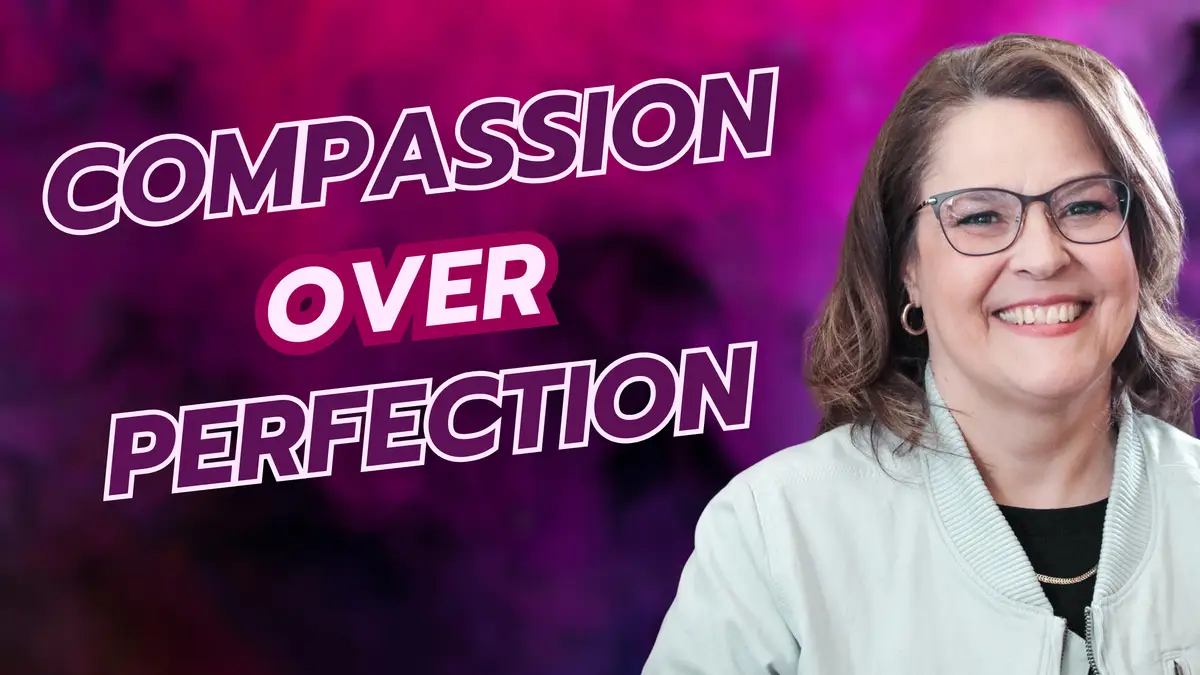Navigating the Anger Phase of Chronic Illness
Life with a chronic illness can change in an instant. One moment I feel like I am finding my rhythm, and the next I am knocked off my feet by a flare, an increased symptom activity, or a new diagnosis.
What many people don’t realize is that living with a chronic illness often means moving through cycles of grief. Believe it or not it’s not just once, but over and over again. Each time my health changes, each time I lose another piece of the “old me,” grief can resurface in a new way.
Today, as I write this, I’m in the anger phase of that grief cycle.
I’m angry because I’ve done everything right. I followed the treatment plan, listened to my body, made healthy choices and yet here I am, in a flare.
The anger phase is messy. It’s the “Why me?” moments, the tears of frustration, the feelings of unfairness. It can be exhausting. I believe anger, when handled with care, can also be a sign that I am still fighting for me.
Even on the days when it feels like the anger might swallow me whole. I have to remember I have made it through every hard day I’ve faced before and I will make it through this one, too.
The anger phase is a storm but storms don’t last forever. Eventually, the skies shift, the heaviness lifts, and I will find pieces of peace again. Until then, I am letting myself feel, letting myself rest, and letting others love me through it. Remember you are not broken, you are human, and you are still here, still fighting. That is something to be very proud of.
Below I am adding some tips for yourself as well as tips for your friends and family as you navigate the anger phase of grief.
Tips I’ve found helpful when I’m stuck in the anger stage of grief:
- Acknowledge your anger without guilt
Pretending it’s not there doesn’t make it go away. Say it out loud or write it down: I’m angry. This is unfair. I find journaling how I am feeling is the first step in releasing it. - Find a safe outlet
Whether it’s journaling, venting to a trusted friend, going for a walk, or even screaming into a pillow. I had to find a place to put my anger so that it wouldn’t hurt myself or others.
- Shift to small wins
When big victories feel impossible, I had to learn to focus on one thing I could control each day. Maybe it’s as simple as staying hydrated, taking a shower, or calling a friend. - Rest without guilt
We forget our body is already fighting hard, so we need to give ourselves permission to rest without feeling like we’re wasting time or being lazy. - Seek validation
Sometimes I just need someone to look me in the eye and say, Yes, this is hard. Yes, your feelings make sense.
Tips for Family & Friends Supporting Someone in the Anger Phase
If you love someone with a chronic illness, watching them in the anger phase can be tough to witness. You can’t “fix” it but you can help.
- Listen without offering solutions
Most of the time, we’re not asking you to fix anything. We just need you to hear us without jumping in with advice. - Validate, don’t minimize
Avoid phrases like “It could be worse” or “At least you don’t…” Instead, say things like, “That sounds exhausting” or “I can see how frustrating that must be.” - Offer practical help
Sometimes the kindest thing is a small act. Such as making a meal, running an errand, or sitting quietly with us while we ride it out. - Respect boundaries
if they need space, give it to them without taking it personally. The anger isn’t about you. The anger is about their illness.
